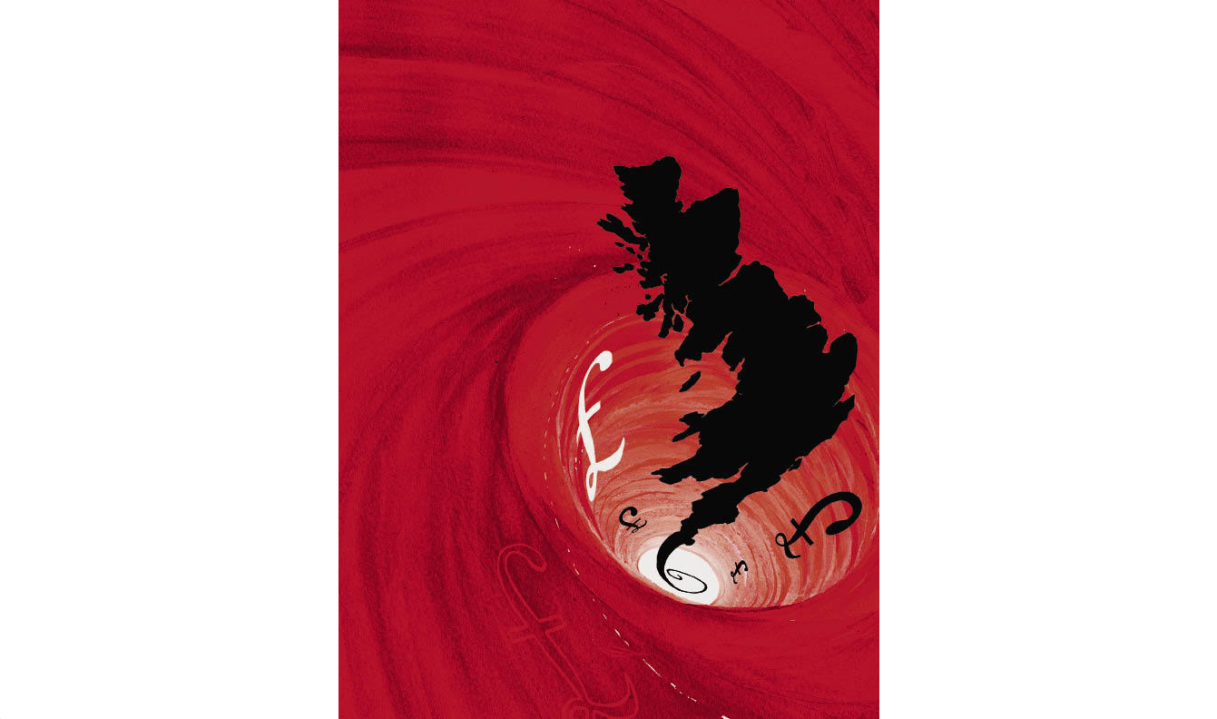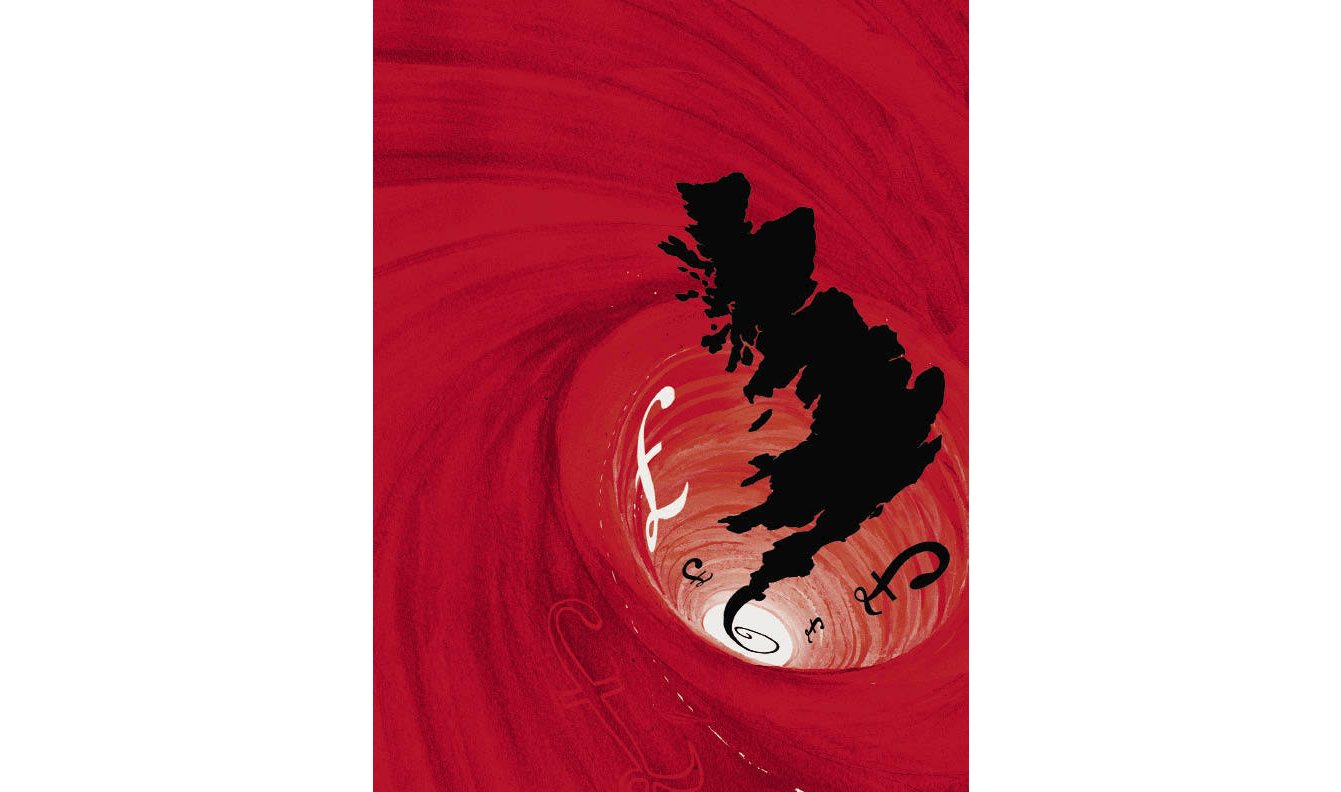The Bank of England has raised the base rate yet again, this time to 5.25 per cent, a high not seen since April 2008. Like a child trapped in the back seat of a sweltering car, the response of many people will be: ‘Are we nearly there?’
Many people seem to think so – that perhaps there will be one or two rises to come before rates peak and perhaps even start to fall modestly next year. Markets seem to think that 5.75 per cent will most likely be the summit.
I wouldn’t be so sure. What stands out most from the Monetary Policy Report that accompanied the interest rate decision is the expectations for earnings. Private sector pay rose by 7.7 per cent in the 12 months to May, it observes, noting that this was ‘materially above’ the figure it was expecting, and on which it based its last interest rate decision. It adds that the secondary inflationary pressures – such as wage rises – are beginning to ‘crystallise’. In other words, the Monetary Policy Committee believes it is no longer dealing simply with an inflationary shock caused by the post-Covid reopening and the invasion of Ukraine, but with a possible wage-price spiral. This perhaps explains why two of the MPC’s members chose this month to vote for a half point rise, which would have surprised markets. There was one vote for keeping rates at 5 per cent and six votes for the rise to 5.25 per cent.
The Monetary Policy Report, however, states that the MPC expects private sector wage inflation to fall from now on, reaching 6 per cent by the end of the year. Is that likely? Possibly, if we end up in recession, but there will be many workers who will be negotiating annual pay rises over the next few months, who will see inflation that is still 7.9 per cent, and who might be minded to demand more. The government has just upped its offer of pay rises for public sector, with most receiving around 6 per cent. The Bank is now expecting private sector wages to fall back to that sort of level.
And if they don’t? Then we may all have to adjust our expectations for interest rates upwards. After all, in the US the Federal Reserve has already raised rates to 5.5 per cent – above those of the Bank of England – and still few people believe that to be the peak, in spite of inflation having fallen to 3 per cent. With UK inflation at 7.9 per cent we are a long way from the steep fall in inflation which, at the beginning of the year, the Bank of England was confidently pencilling in for the spring. This inflationary cycle looks far from over.








Comments